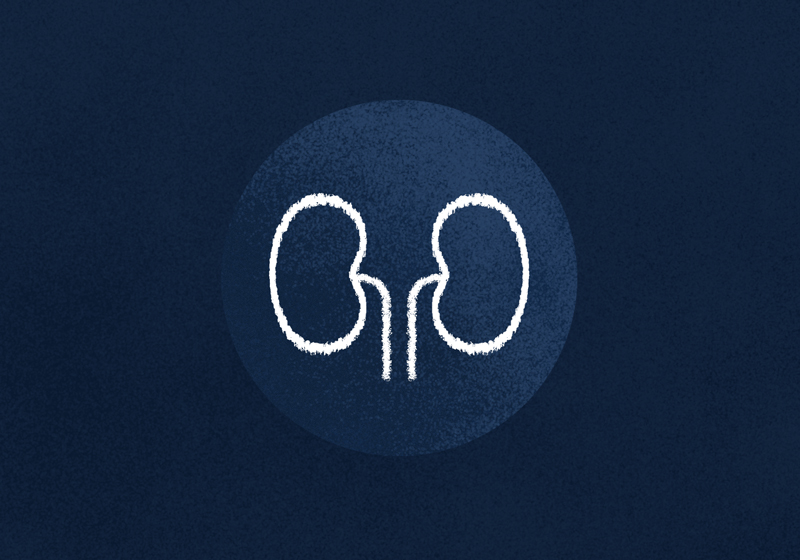Renal Cysts

Renal cysts are fluid-filled sacs that form in the kidneys. They are relatively common, and many people may have small cysts on their kidneys without even knowing it. In most cases, they are harmless and do not require any treatment. However, some may have complex features that require further imaging and monitoring, and very rarely, some complex cysts may be cancerous and require treatment or surveillance.
Renal cysts are typically found incidentally during medical imaging tests such as ultrasound, CT scans or MRI scans. They can range in size from a few millimetres to several centimetres in diameter. Most are simple cysts, which are round or oval in shape and have a thin, smooth wall. Simple cysts are benign and do not require any treatment.
However, some renal cysts may have complex features, such as thick walls, septations, calcifications or nodules, that require further imaging and monitoring. Complex examples have a greater chance of being cancerous, although the risk is still relatively low. In these cases, the cyst may need to be monitored to ensure no changes occur.
In cases where renal cysts have complex features, Dr Sethi may recommend further imaging tests such as a dedicated CT scan or MRI to evaluate the cyst more closely. If there is a high suspicion of cancer, surgical removal may be required.
Renal cysts very rarely cause symptoms even when growing in size. If a large renal cyst may be causing pain, Dr Sethi may recommend drainage or surgical removal of the cyst. Drainage involves the insertion of a needle or catheter into the cyst to drain the fluid, which can temporarily relieve discomfort and reduce the size of the cyst. Surgical removal (deroofing) of renal cysts is recommended for cysts when pain recurs after successful drainage or if kidney function is affected. Dr Sethi performs this laparoscopically or robotically (minimally invasive surgery) allowing a quicker return to normal function than open surgery.